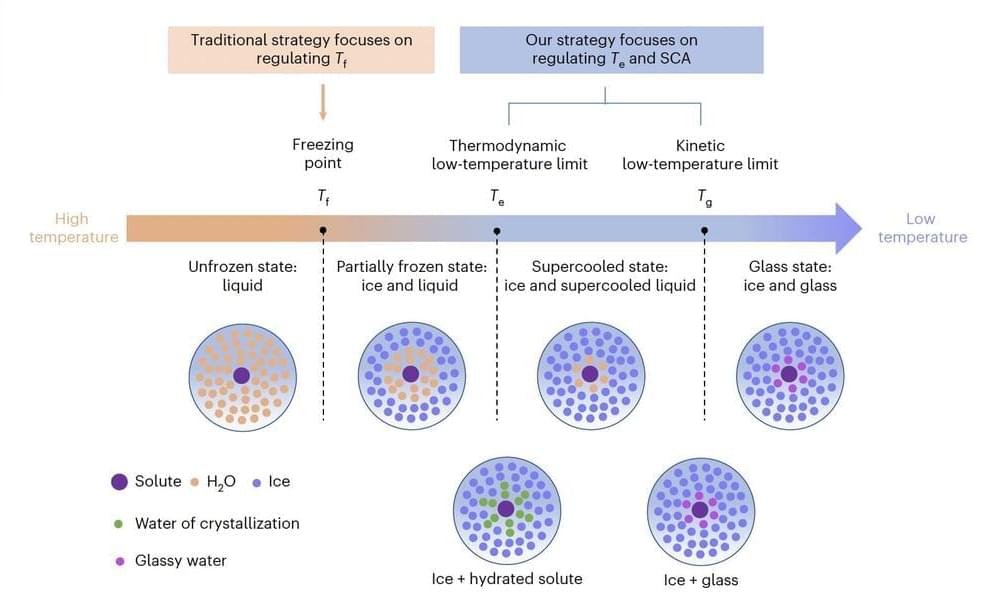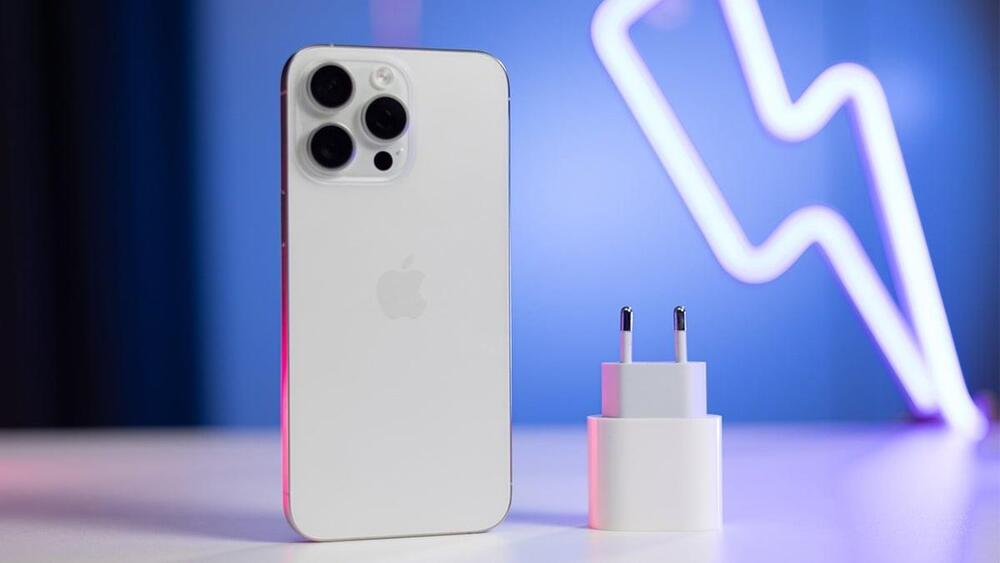To reliably perform complex, large-scale calculations, computing systems rely on so-called error correction schemes, techniques designed to protect information against errors. These techniques are perhaps even more essential when it comes to quantum computers, devices that perform computations leveraging the principles of quantum mechanics.








